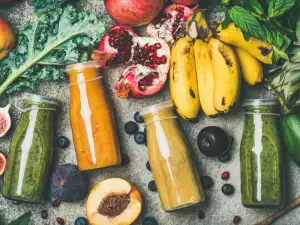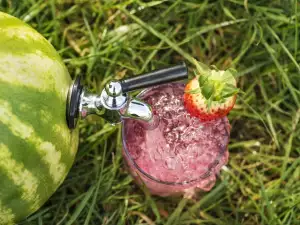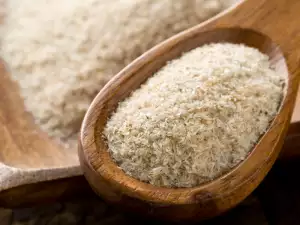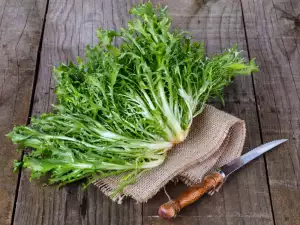If you're one of those people who gets rid of lemon peel after squeezing the juice, it's time to stop doing it, because it deprives you of the many benefits of lemon peel. Lemon peels are high in vitamin C, pectin, calcium, potassium, fiber, AHAs (alpha hydroxy acids) and flavonoids such as d-limonene.
Studies show, that lemon peel can help with:
- weight loss;
- to strengthen the bone health;
- skin and heart;
- oral hygiene;
- immune system;
- treating oxidative stress;
- may have anti-cancer properties;
- treating fungal infections;
- treating gallstones.
In addition, they can be very helpful as natural and non-toxic household cleaners, insect repellents and deodorants.
Culinary use of lemon peel

Lemon peel or more precisely grated lemon peel is widely used to flavor food, in addition to adding flavor to soups, salads, flavored yogurt and dressings.
Lemon peels are grated and are included in marinades or used in spices to prepare dishes such as fish with lemon and black pepper and chicken with lemon. Lemon peel can be added into cooking fats such as olive oil or butter to add a spicy flavor to dishes such as noodles or pasta.
Candied lemon peels are also consumed and included in various baked goods, such as lemon meringue pie.
Lemon peel water
Lemon peels boiled in water make a delicious and healthy drink.
Lemon peel tea
Add lemon peel powder to boiling hot water. Mix it with tea powder or a herbal mixture of your choice. Adding ginger makes the drink even fresher.
How to make lemon peel powder?
Lemons can be frozen and then finely grated to obtain lemon peel powder. Another method is to bake lemon peels at 90°C and grind them to get a lemon peel powder.
Nutritional value of lemon peel

A serving of 100 g lemon peel contains:
- 134 mg of calcium;
- 160 mg of potassium;
- 129 mg vitamin C;
- 6 g of fiber;
- 160 mg of potassium.
Side effects of lemon peel
Although lemon peel is generally considered safe to eat, there have been reports of some unpleasant side effects. It should be consumed in moderation as it also contains oxalates. No more than 80 mg of oxalates (RDA) should be taken and one teaspoon of lemon peel contains 25 mg of oxalates.
Therefore, limit the intake of lemon peel to less than 3 teaspoons a day. Research on this is limited, but it is better to avoid lemon peel if you are also prone to allergies or are pregnant or breastfeeding. Always consult a medical representative before making radical changes to your diet.
If you keep everything under control and you don't see any problem, then from time to time you can eat delicious foods with lemon peel such as:
- lemon cakes;
- lemonade;
- lemon mousse.




















Comments